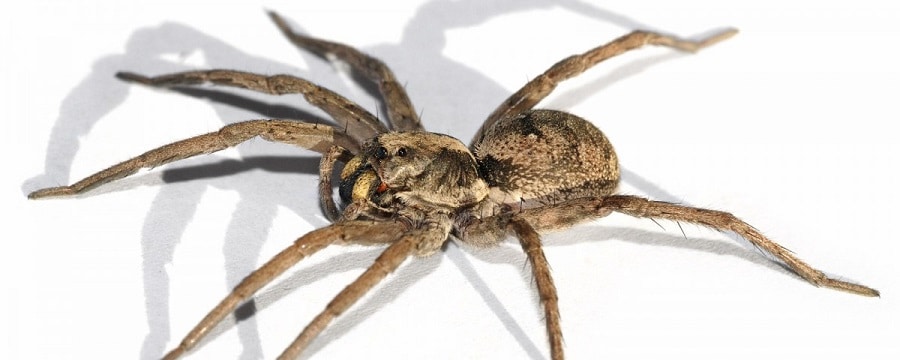You might be one of the many who have embraced the joy of filling your home with lush, vibrant houseplants. But beyond their aesthetic appeal and air-purifying abilities, did you know that some house plants could act as your knight in green armor against spiders? Controlling these eight-legged invaders is not just about creating a more comfortable living space; it’s about taking a natural, chemical-free approach to maintaining your home. This article delves into the fascinating relationship between houseplants and spiders and how you can turn your indoor garden into a line of defense.
Contents
- 1 The Relationship Between Houseplants and Spiders
- 2 Why Choose Houseplants Over Chemical Solutions
- 3 How Spiders Perceive Houseplants
- 4 Types of Houseplants That Repel Spiders
- 5 How To Position Houseplants For Maximum Effectiveness
- 6 Companion Planting Strategies
- 7 Real-life Success Stories
- 8 Common Misconceptions about Houseplants and Spider Control
- 9 Maintenance Tips For Your Spider-Repellent Plants
- 10 Alternative Natural Methods For Spider Control
- 11 Cultivating a Spider-Free Sanctuary with Houseplants
The Relationship Between Houseplants and Spiders
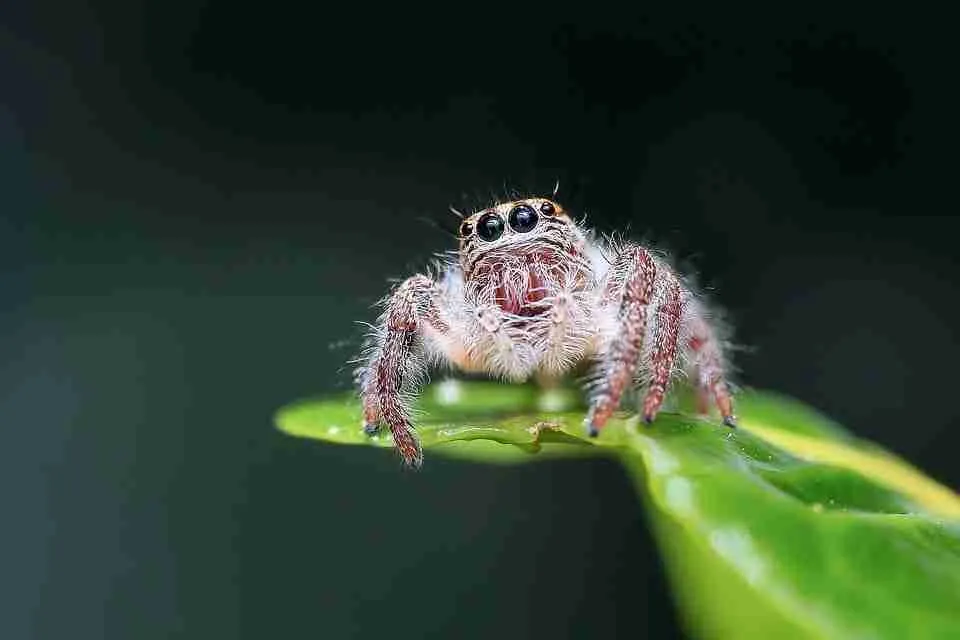
Understanding the dynamics between houseplants and spiders starts with appreciating that your home is an ecosystem. Yes, that’s right—an ecosystem right inside your four walls. Plants, insects, and even the occasional furry critter all play a role in this microcosm. While we often focus on houseplants’ aesthetic and health benefits, like air purification, it’s essential to note that plants and insects have co-evolved for millions of years. This intricate relationship affects how spiders perceive your indoor garden.
Your houseplants may be doing more than you think. Besides providing oxygen and aesthetic appeal, they interact with spiders in your home in various ways. Some plants release compounds that spiders find unpleasant, making them natural spider repellents. Other plants might do the opposite, attracting spiders with their scent or the smaller insects they lure. By understanding these plant-insect interactions, you can strategically place the right plants in your home to deter spiders effectively.
Why Choose Houseplants Over Chemical Solutions

It’s easy to reach for a can of insecticide when you spot a spider lurking in a corner. But before you do, it’s crucial to consider the downsides. Chemical solutions often come with harmful side effects that can affect pets, children, and even the plants themselves. Synthetic pesticides may offer a quick fix, but they often contain substances that can be harmful when ingested or come into contact with skin.
Aside from health concerns, chemical solutions are not exactly eco-friendly. Excessive use of these substances can contribute to soil and water pollution, harming other forms of life in the process. Additionally, frequent usage of chemical repellents may lead to resistance, requiring even stronger solutions over time. In contrast, houseplants offer an economical, long-term, and ecological way to keep spiders at bay. They are a sustainable option that complements the natural ecosystem of your home.
How Spiders Perceive Houseplants

Spiders are more than just web spinners; they are creatures equipped with specialized sensory organs. They use these to navigate their environment, find prey, and avoid predators. Their sense of smell, guided by sensory hairs on their legs, helps them identify potential food, mates, and threats. Understanding the spider’s sensory capabilities can offer insights into how specific houseplants repel them.
You might be surprised to know that spiders “smell” and “taste” through their legs. When it comes to houseplants, the concept of ‘olfactory camouflage’ comes into play. Some plants emit strong odors that spiders find overwhelming or repulsive. These scents can mask the smells of other elements in your home that might be attracting spiders, such as food or other smaller insects. By strategically placing these olfactory deterrents around your home, you can create an environment that’s less appealing to spiders, encouraging them to find another place to spin their webs.
Types of Houseplants That Repel Spiders

When it comes to choosing the right houseplants for spider control, not all flora is created equal. Some plants have proven to be more effective in deterring spiders due to their particular scents or physical properties. Citrus plants, for example, such as lemon and orange trees, emit fragrances that are delightful to humans but repulsive to spiders. These plants can be a decorative and functional addition to your living space.
Herbs with strong scents also serve as excellent natural repellents. Plants like lavender and mint not only fill your home with a pleasant aroma but also keep spiders at bay. Lavender’s calming scent is a hit among humans but an absolute miss for spiders. Similarly, the strong odor of mint is a natural deterrent for many insects, including spiders. You can keep potted herbs near windows or entrances to maximize their repellent effect.
How To Position Houseplants For Maximum Effectiveness
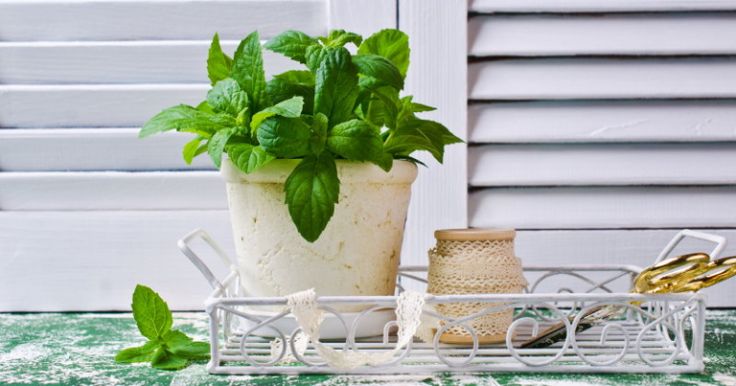
Simply having the right plants is only half the battle; their placement can significantly impact their efficacy in spider control. Spiders often like to hide in corners, crevices, and other out-of-the-way areas. Placing plants in or near these hotspots can help create a barrier that deters these eight-legged intruders from entering your living space.
Height is another aspect to consider when positioning your plants. While some spiders prefer to stay closer to the ground, others may venture higher. Combining taller plants like citrus trees with lower-growing herbs can create an aromatic barrier that effectively covers multiple vertical layers of your living area. This multi-tiered approach could offer more comprehensive protection against spiders.
Companion Planting Strategies
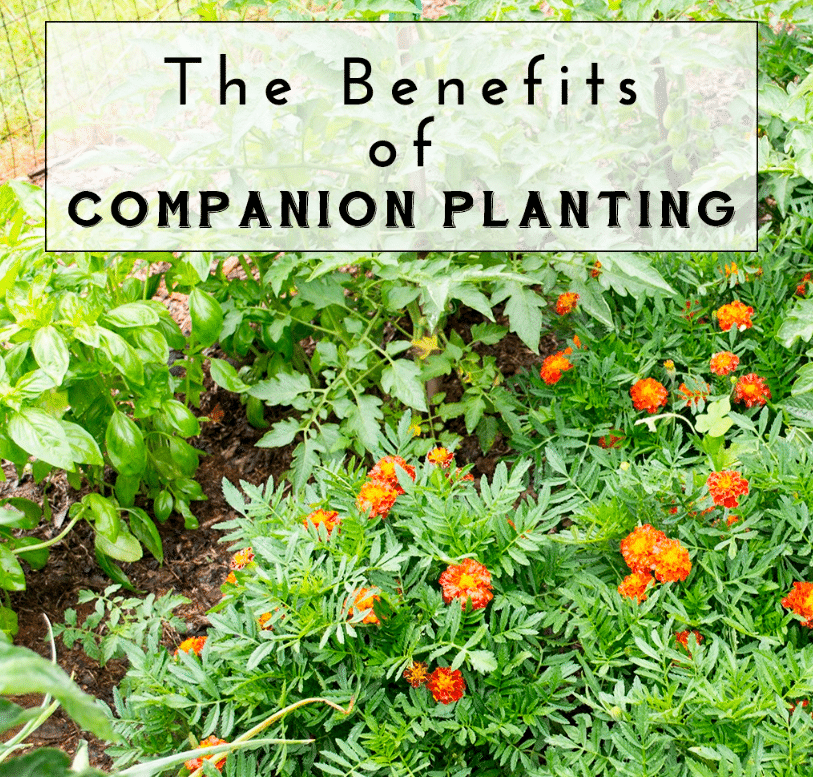
Companion planting is an age-old agricultural practice that pairs plants beneficially. In the context of indoor gardening for spider control, the concept holds merit as well. Some plants offer additional benefits, like improving soil quality or providing shade, which can boost the overall health and resilience of your other houseplants. Healthier plants often emit stronger odors, making them more effective in repelling spiders.
Pairing a spider-repellent plant with one that attracts beneficial insects can also be a smart strategy. For example, you can plant mint near a flowering plant that attracts ladybugs, a natural predator of many smaller insects. With fewer insects to attract spiders, you further minimize the factors that might make your home appealing to them.
Real-life Success Stories

It’s always enlightening to see practical examples where houseplants have successfully helped in spider control. One case study involved a homeowner who switched from regular chemical sprays to an indoor garden filled with mint and lavender plants. Within a few weeks, the individual reported a noticeable decrease in spider sightings and enjoyed the added benefit of a fresher-smelling home.
Another example comes from an urban setting where balcony gardens are more common than large backyards. One resident utilized a variety of potted herbs, including basil and chives, alongside lemon trees. Not only did these plants flourish in the small space, but they also created a spider-free zone. The residents could enjoy the outdoor area without worrying about encountering webs or spiders, proving that you don’t need a large space to benefit from natural spider control.
Common Misconceptions about Houseplants and Spider Control

There are several myths and misconceptions that need to be debunked when talking about houseplants as a means for spider control. The first of these is the belief that any houseplant will repel spiders. While plants certainly play a role in an integrated pest management strategy, not all of them are effective at keeping spiders away. Some plants might even attract spiders by luring other insects that spiders prey upon.
Another common misconception is the idea that houseplants can fully replace all other methods of spider control. While incorporating specific plants can be a significant step in reducing the number of spiders in your home, they shouldn’t be your only line of defense. Keeping a clean home, sealing gaps, and using other natural methods in conjunction with houseplants will provide the most comprehensive spider control.
Maintenance Tips For Your Spider-Repellent Plants
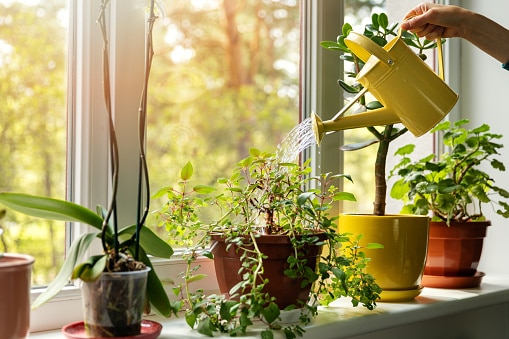
Successfully keeping spiders at bay with houseplants requires more than just placing them strategically; you also need to maintain these plants. Watering is one of the most important aspects of plant care. Overwatering or underwatering can weaken your plants, diminishing their spider-repelling properties. It’s essential to understand the specific water requirements for each type of plant you have.
Lighting conditions are another key factor for the health of your plants. Like watering, different plants have distinct light requirements that need to be met for them to flourish and be effective as spider deterrents. Make sure to place your plants in areas where they will receive the amount of light they need. Fertilizing and re-potting also play a role in keeping your plants strong and effective in their role as spider repellents.
Alternative Natural Methods For Spider Control
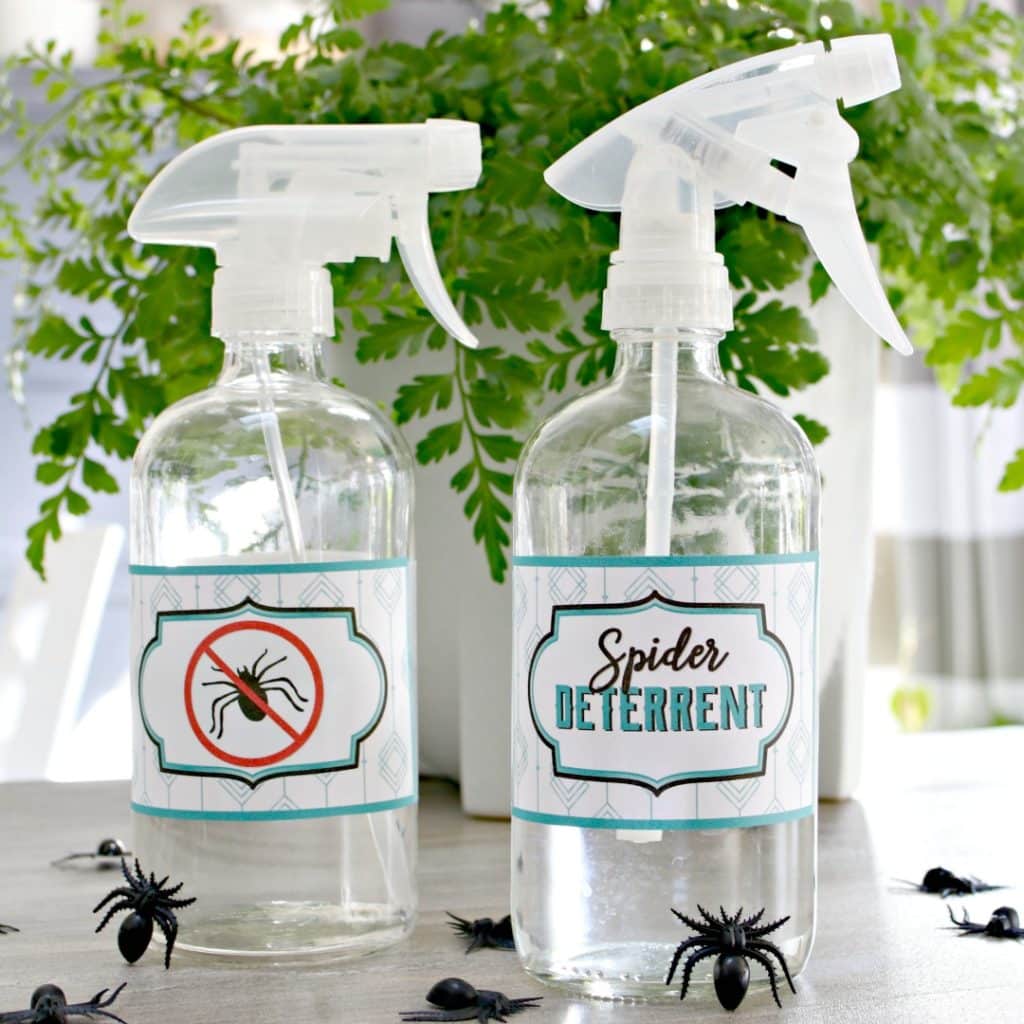
While houseplants offer a natural, aesthetic solution for keeping spiders at bay, they are not the only alternative to chemical methods. DIY sprays made from essential oils like peppermint and citrus can be highly effective. These sprays are easy to make and can be used in areas where it’s impractical to place a plant.
Physical traps are another option to consider. Sticky traps placed in strategic locations can capture spiders without the need for chemicals. Seasonal considerations also play a part; spiders are more common during certain times of the year, so ramping up your control methods seasonally can be very effective. For example, increasing the number of spider-repellent plants or DIY sprays used during peak spider seasons can offer additional protection.
Cultivating a Spider-Free Sanctuary with Houseplants
As you can see, integrating houseplants into your home offers a multi-faceted approach to spider control. Not only do these green companions enhance your living space and air quality, but they can also serve as a natural, chemical-free deterrent against spiders. Whether you choose citrus plants aromatic herbs or employ companion planting strategies, these methods are not only effective but also eco-friendly and safe for your entire household. So why not start today? Pick up some spider-repellent plants and create a more harmonious, spider-free home.
